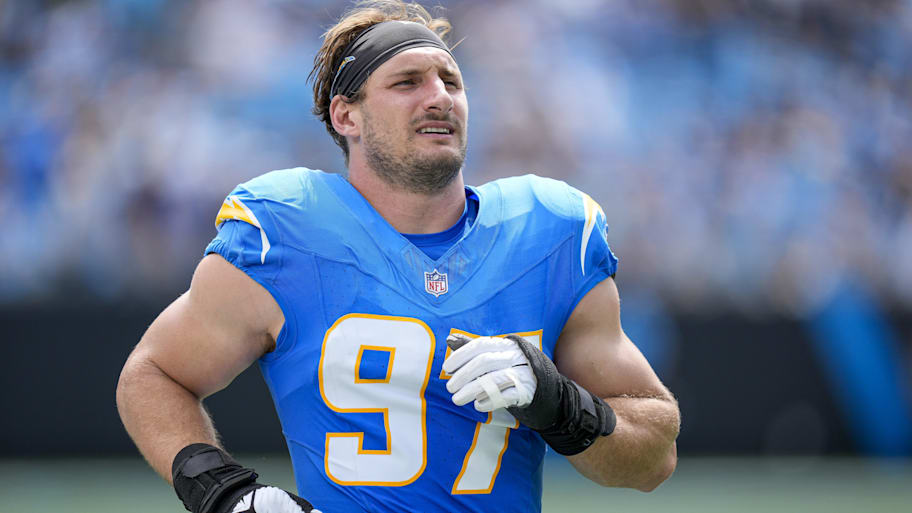California will allow fans to attend outdoor professional sporting events in areas at less risk for the coronavirus even as it prohibits larger theme parks from reopening.
But Tuesday’s announcement by the state’s top health official may have little immediate effect for sports fans.
Outdoor stadiums can operate at 20% capacity once the county they’re in reaches the state’s second-least restrictive reopening tier, the orange one, and at 25% capacity once they’re in the least restrictive tier, the yellow, said state Health and Human Services Secretary Dr. Mark Ghaly.
That likely puts stadiums in Los Angeles at least weeks — and potentially months — away from resuming operations.
Local jurisdictions can also set their own rules that are more restrictive than the ones outlined by the state. Los Angeles County public health officials have yet to comment on the new sports guidelines.
State officials deemed sport stadiums a lower-risk setting than theme parks because there’s pre-assigned seating, fewer touch surfaces and concessions can be delivered directly to seats rather than having people mingle in concession areas.
Ghaly described this as “controlled mixing” as opposed to “random mixing” that would be expected at theme parks. He said ticket sales would only be sold to people within a 120-mile radius of the stadium to limit the amount of mixing.
Additionally, contact tracing will be easier since spectators will be urged to remain in their seats for most of the game, according to Ghaly.
“You can imagine if somebody turns positive in a stadium in Section 102, we could easily know all the different visitors in that section through the ticket sales,” he said.
Face coverings will be mandatory throughout the stadium, except when eating or drinking, which must be done in attendees’ assigned seats.
“We avoid groups mixing together that would otherwise not be seated next to each other, and then prohibiting tailgating and ensuring that parking is at the stadiums and not in parts of the surrounding community,” Ghaly said.
Some teams are done for the year and the home of football’s 49ers won’t immediately ease restrictions.
San Francisco meanwhile moved into the state’s least restrictive tier, the first urban area to join much geographically larger and far more rural areas scattered near the Oregon border or in the Sierra Nevada mountain range.




































